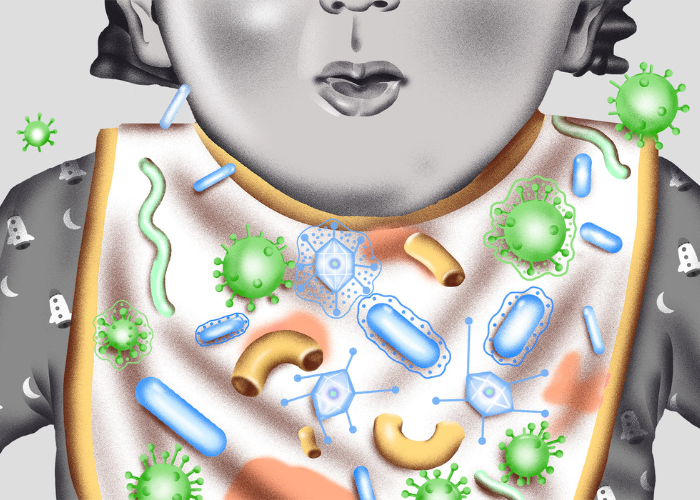A Global Public Health Threat: Antimicrobial Resistance (AMR)BY GEORGE CHERIYAN
- 18 July 2023
- Posted by: Competere
- Categories: highlights, Media, News, SUSTAINABLE NUTRITION

Antimicrobial Resistance (AMR) is one of the top ten global public health threats facing humanity, according to World Health Organisation (WHO). It has the potential of taking the form of a pandemic soon, if corrective measures are not taken immediately.
A SERIOUS THREAT
AMR is killing at least 1.27 million people worldwide and associated with nearly 5 million deaths in 2019, according to a report released in The Lancet. AMR could result in the global loss of 10 million lives per year by 2050.
According to the Report of Washington-based Center for Disease Dynamics, Economics & Policy (CDEEP), between 2000 and 2015, antibiotic consumption, expressed in defined daily doses (DDD), increased 65 percentage. China and India represented the largest hotspots of resistance, with new ones emerging in Brazil and Kenya.
WHAT ARE THE COSTS?
AMR IN EU AND IN INDIA
AMR is widespread in the European Region, as per the report published jointly by the European Centre for Disease Prevention and Control (ECDC) and the WHO Regional Office for Europe in January 2022.
In July 2022, the EU and the Member States, identified AMR as one of the top three priority health threats, which pose one of the greatest risk to human health, with estimates from the European Union/European Economic Area (EU/EEA) alone showing that each year more than 670,000 infections are due to bacteria resistant to antibiotics and approximately 33,000 people die as a direct consequence.
Robust investments in interventions to address AMR are urgently needed and would have a significant positive impact on population health and future healthcare expenditures in the EU region.
India has one of the highest rates of resistance to antimicrobial agents used both in humans and food animals. AMR is a particular challenge in India due to the high burden of communicable diseases, an overburdened public health system, limited laboratory capacity for etiology-based diagnosis and appropriately targeted treatment, inexpensive and widely available antibiotics without prescriptions.
Antibiotic use in India has risen sharply, with about a 30% increase in their per capita use during the past decade, according to the State of the World’s Antibiotics 2021 report. Researchers found that India consumed over 500 crore antibiotics in 2019, of which Azithromycin was the most consumed antibiotic molecule.
A major concern is the vast increase in the use of antimicrobials in the farm sector, both in India and globally. Traditionally it is allowed to use Antibiotics to treat and cure sick animals. However, today Antibiotics are used imprudently in the farm sector as growth promotor, feed additive and as a disease preventive drug. The estimated total use of antimicrobials in animals in 2020 in India was 2,160.02 tonnes, which is expected to reach 2,236.74 tonnes by 2030.
India needs to adopt a holistic and multidisciplinary approach towards the prevention and containment of AMR.
.
The writer is an India Food Safety Expert, a member of CAC of FSSAI and of scientific board of Competere
Image credits: Richard A. Chance, courtesy of the NYT >>>
